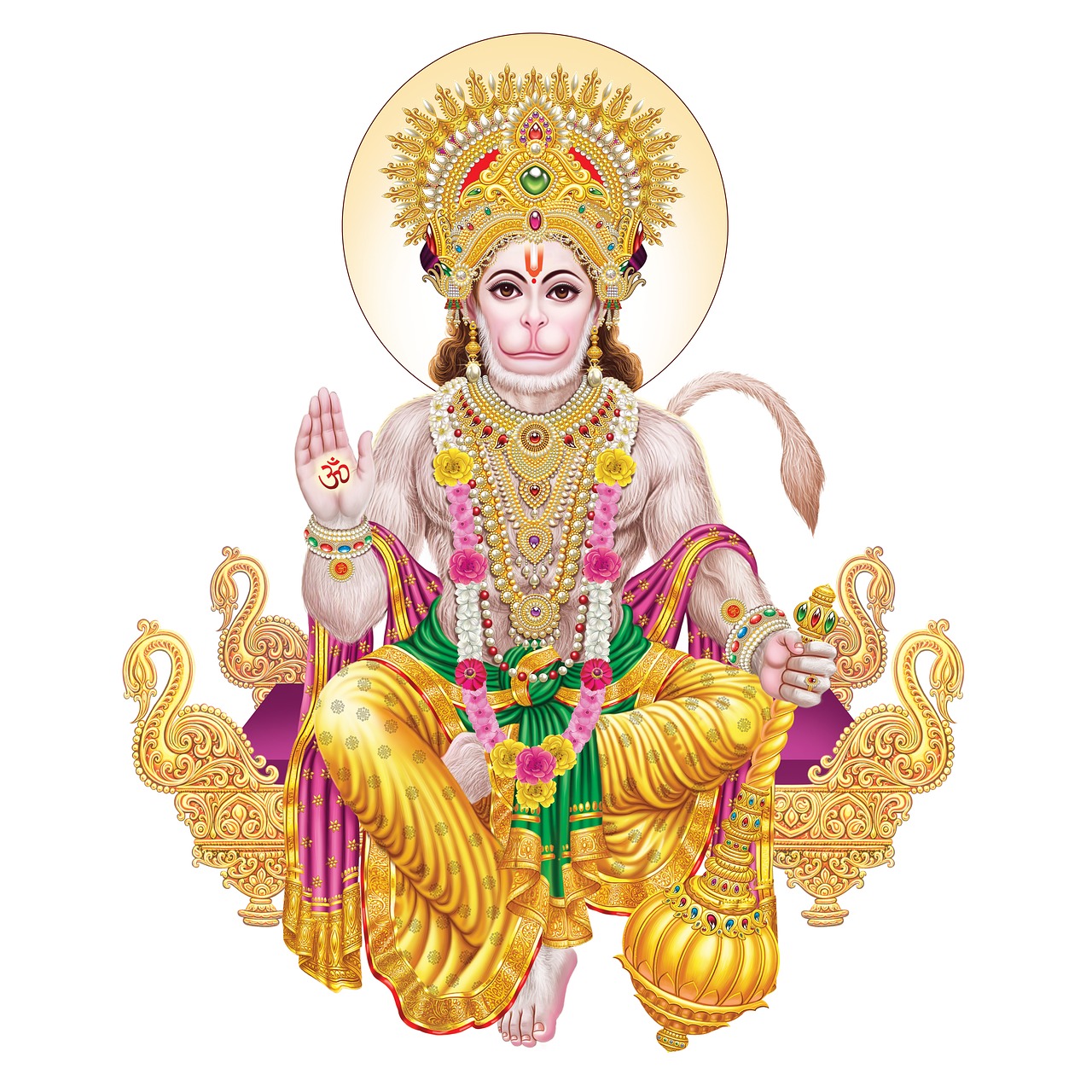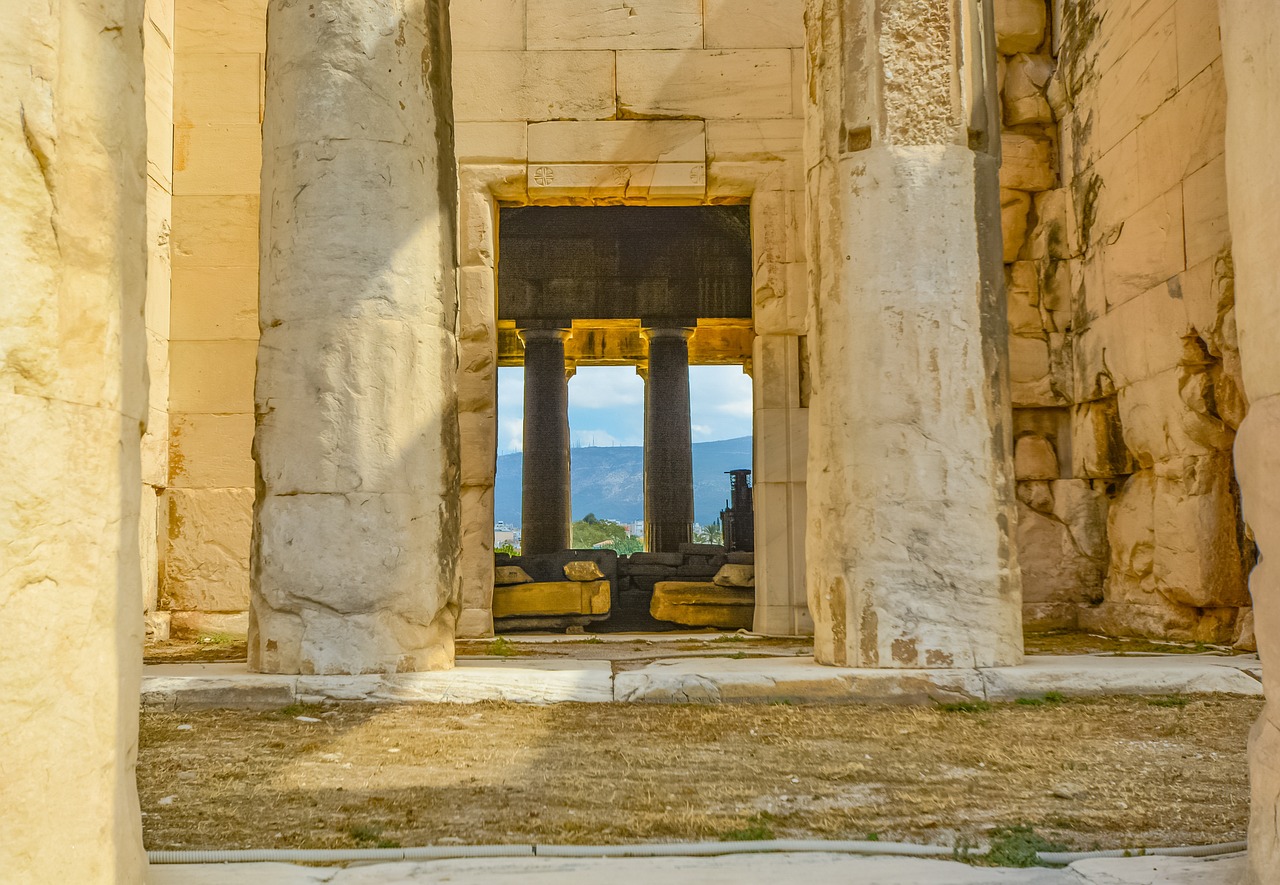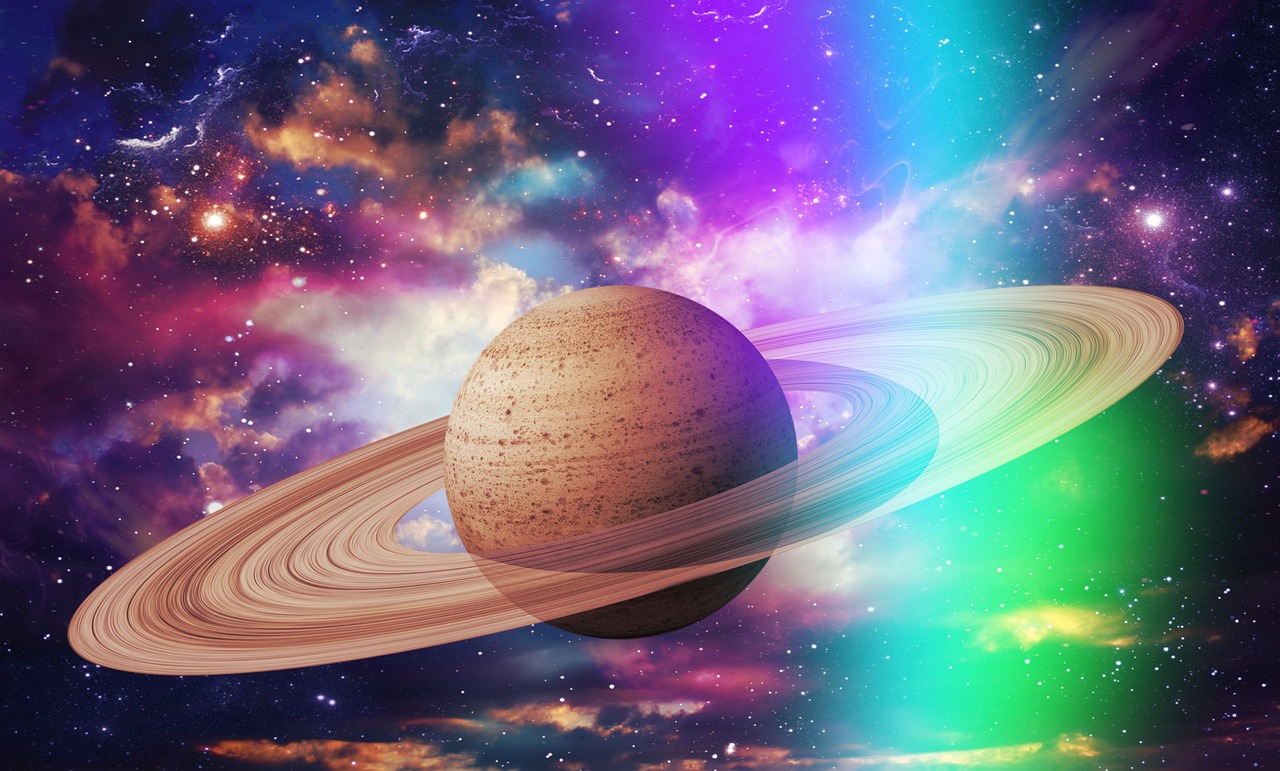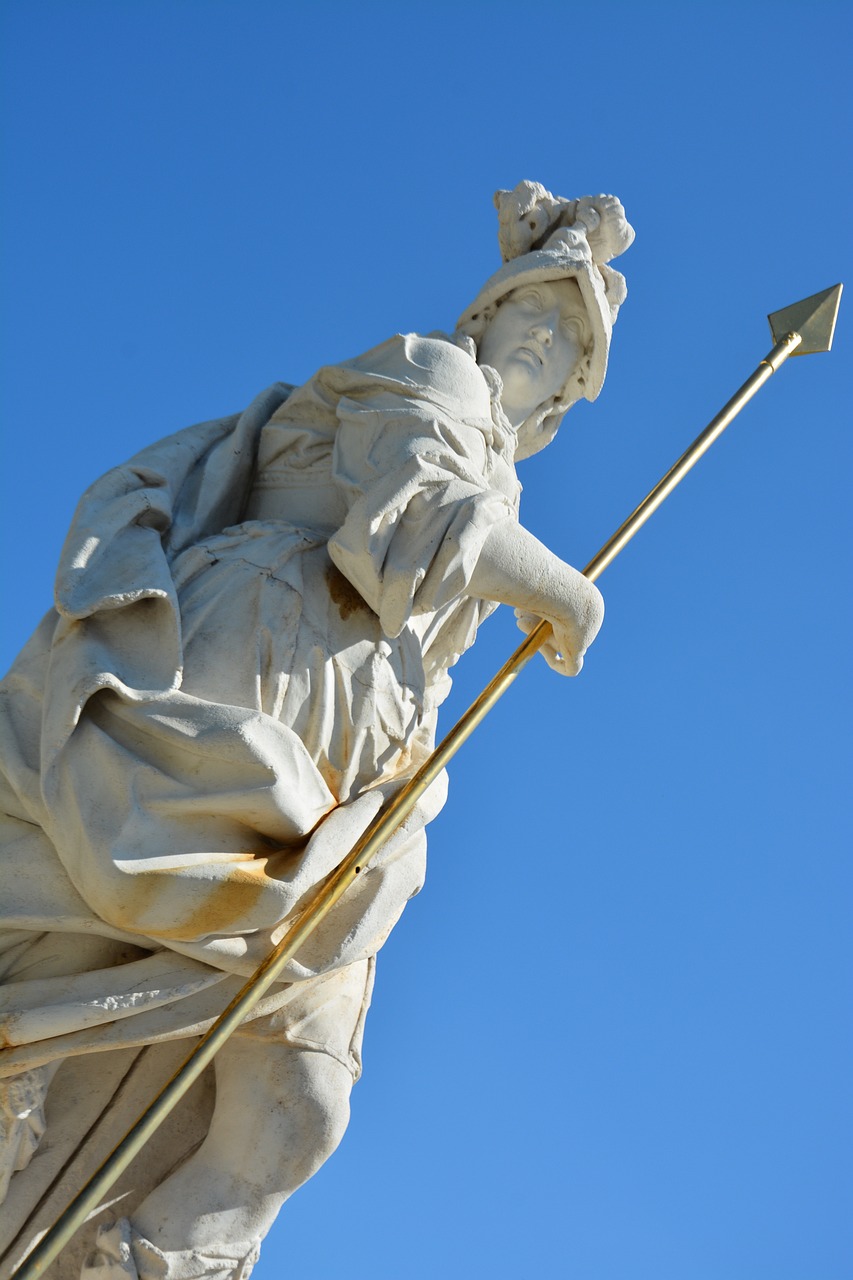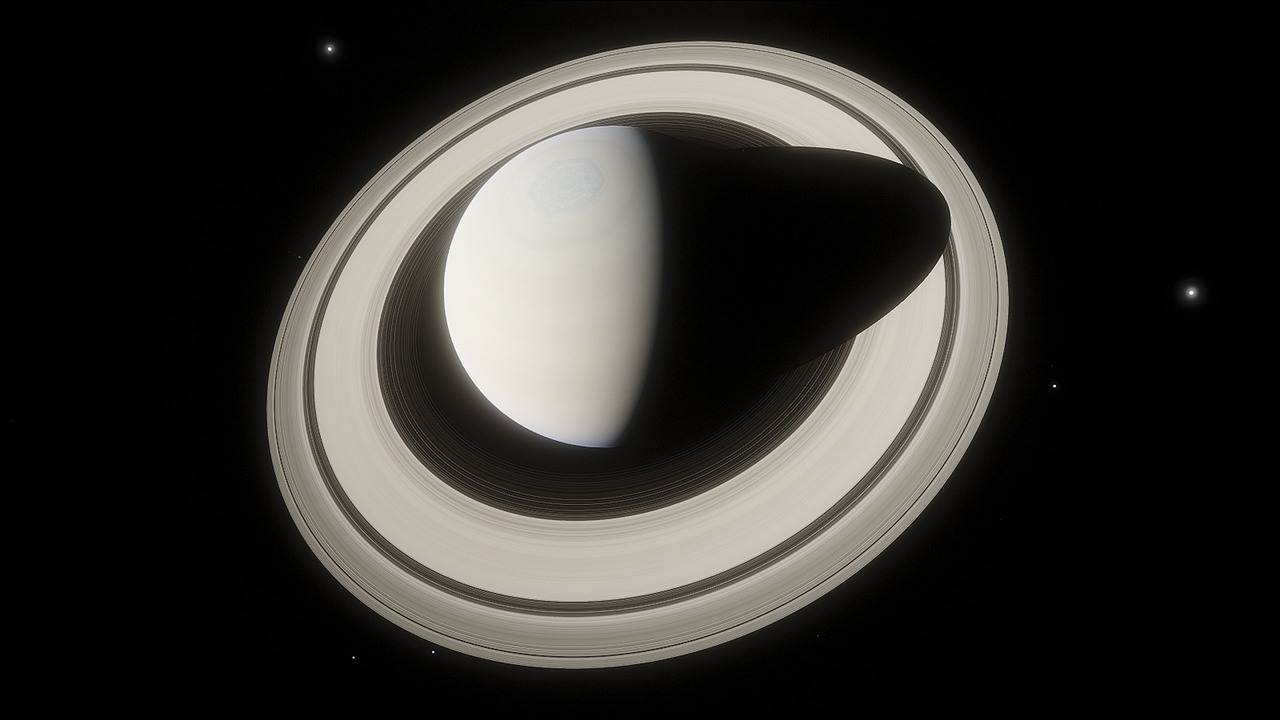Tag: Mythology
-
The Complexity and Legacy of Venus: Goddess of Love Venus embodies the essence of adult love, characterized by impulsiveness, passion, and even jealousy. Her personality traits vary so widely that she often seems to be a collection of different characters across various myths. This variation aptly reflects the multifaceted nature of both Venus and, more…
-
Overview of Pluto: The Roman God of the Underworld Pluto stands as the principal chthonic deity in Roman mythology, reigning over the dead and governing the underworld. Known for his formidable presence and influence, Pluto shapes the destinies of mortals and dispenses fortune. As the overseer of subterranean realms, he governs valuable minerals, ores, and…
-
Greek mythology comprises a rich tapestry of myths associated with ancient Greek deities, heroes, and rituals. These stories, although often understood as fictional by more discerning philosophers like Plato during the 5th and 4th centuries BCE, were predominantly accepted as factual within popular Greek culture. The enchanting tales of Greek myth have significantly influenced Western…
-
A user-generated gallery showcases a variety of representations of the deity Apollo from both Greek and Roman mythology. Recognized as the offspring of Zeus and the twin brother of Artemis, Apollo embodies roles such as the god of music, healing, and light. This exhibition offers diverse interpretations of Apollo through the ages. One highlight is…
-
Hephaestus: The God of Fire and Craftsmanship Hephaestus, known in Greek as Hêphaistos, is the Olympian deity representing fire, metalworking, stonemasonry, and sculpture. Commonly portrayed as a bearded figure wielding tools of the trade—such as a hammer and tongs—he is also sometimes depicted riding a donkey, which adds a unique aspect to his character. MYTHOLOGICAL…
-
Understanding Saturn in Roman Mythology In Roman mythology, Saturn stands out as a deity linked deeply with agriculture, wealth, and the concept of time. Traditionally portrayed as a venerable figure with a long beard, often equipped with a sickle or scythe, Saturn embodies the notion of the “Golden Age,” a legendary era marked by prosperity…
-
The goddess Ammit, known also as Ammut or Ahemait, embodied divine retribution in ancient Egyptian mythology. Positioned next to the Ma’at scales, she was ready to consume the souls of the unworthy. Those who found themselves failing the judgment of the afterlife faced the dreaded second death and would not experience the serene fields of…
-
The Various Portrayals of Zeus in Art In the realm of Greek mythology, Zeus reigns supreme as the most powerful deity among the pantheon of gods. The deeper question arises: how did artists throughout history choose to envision this iconic figure? What characteristics would embody Zeus’s authority and significance? An exploration into various artistic representations…
-
Saturn: The Agricultural God of Rome Saturn, known in Roman mythology as Saturnus, shares a narrative similar to that of Cronus from Greek lore. Often portrayed in artwork brandishing a scythe, he is primarily recognized as a deity of agriculture, particularly associated with seed-corn. One of the key highlights in the Roman calendar was the…
-
The Essence and Evolution of Ancient Roman Religion Roman religion, encompassing the beliefs and practices of the inhabitants of the Italian peninsula from ancient times until the rise of Christianity in the 4th century CE, embodies a unique aspect of Classical antiquity. Renowned orator Cicero noted that Romans distinguished themselves by recognizing that all aspects…



